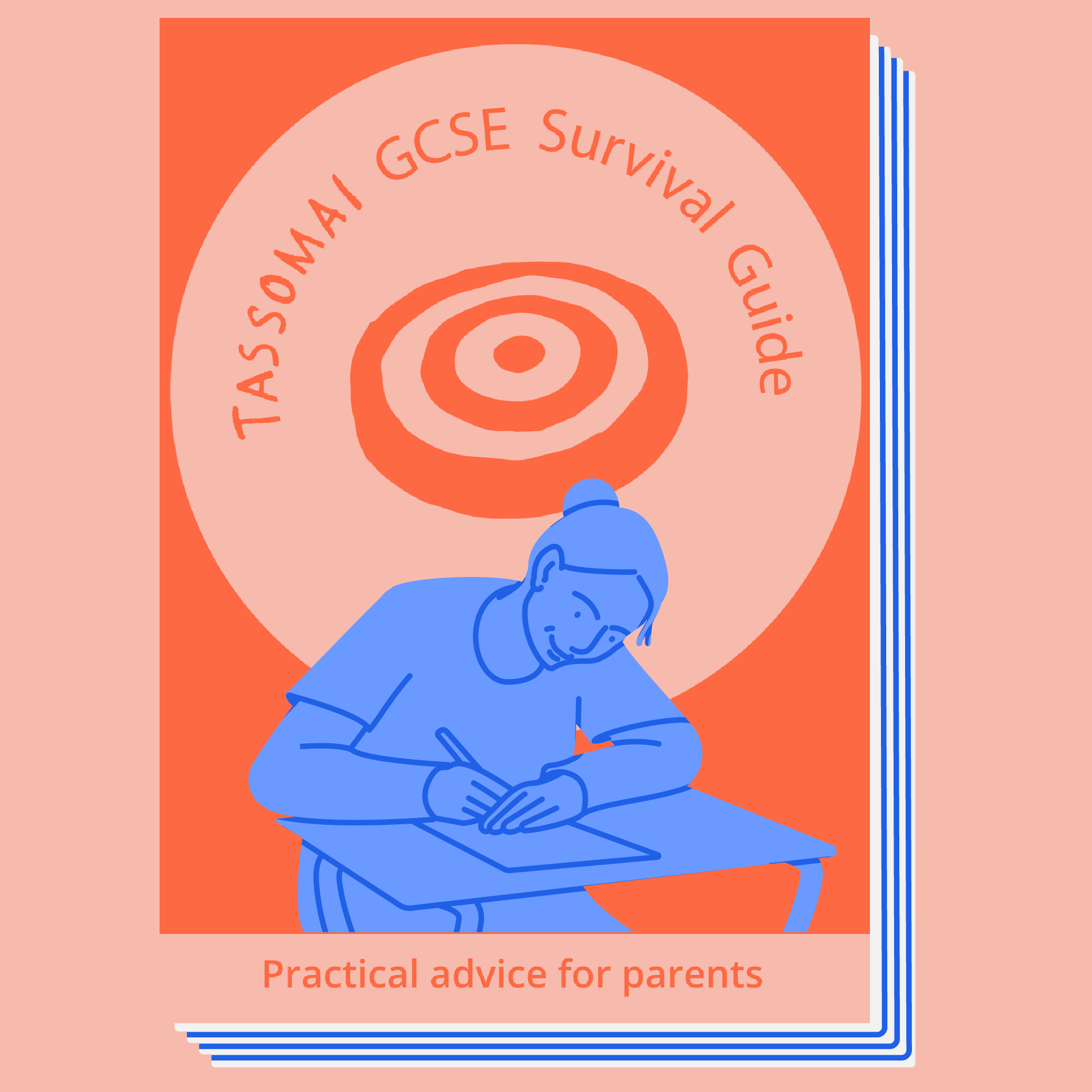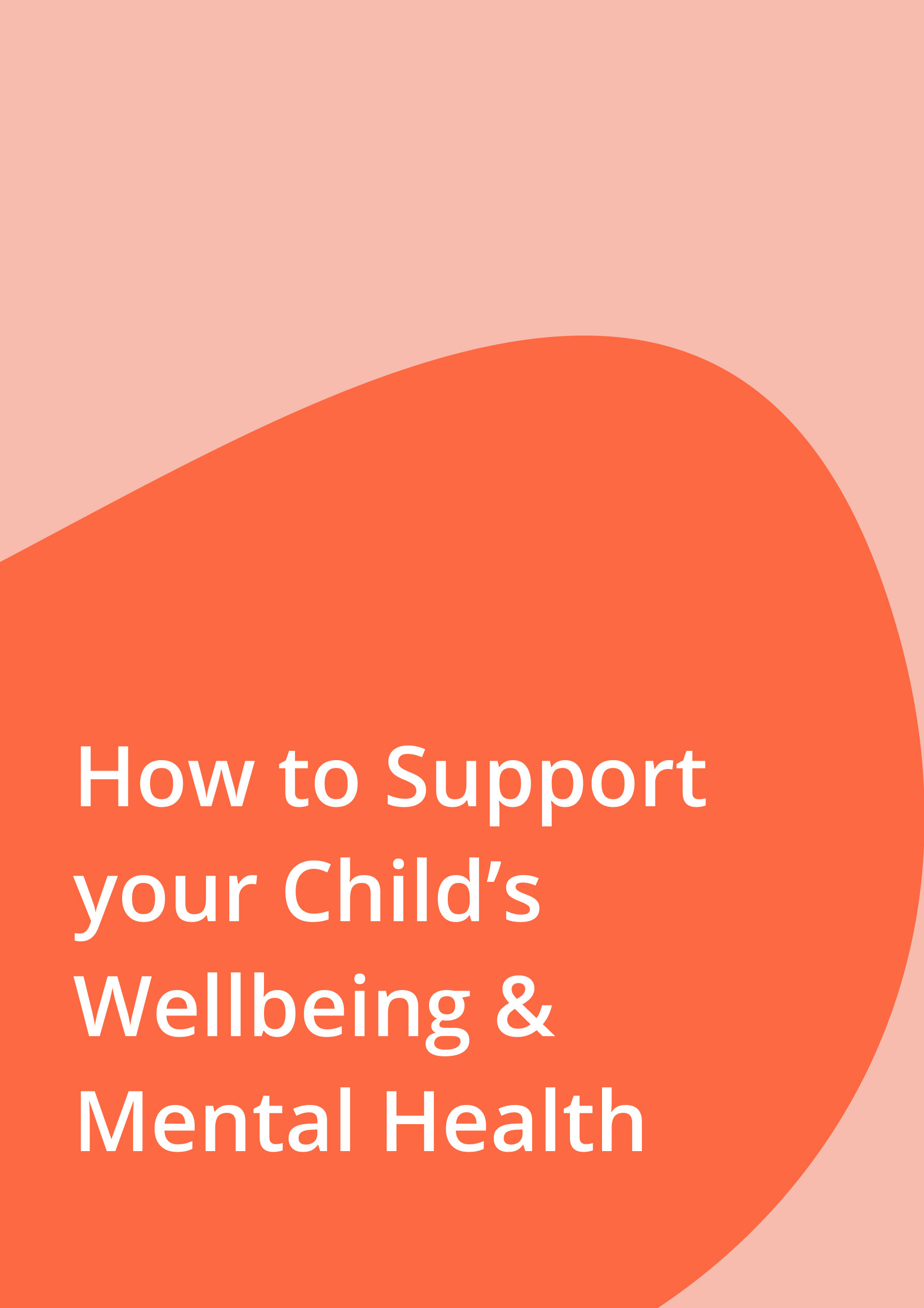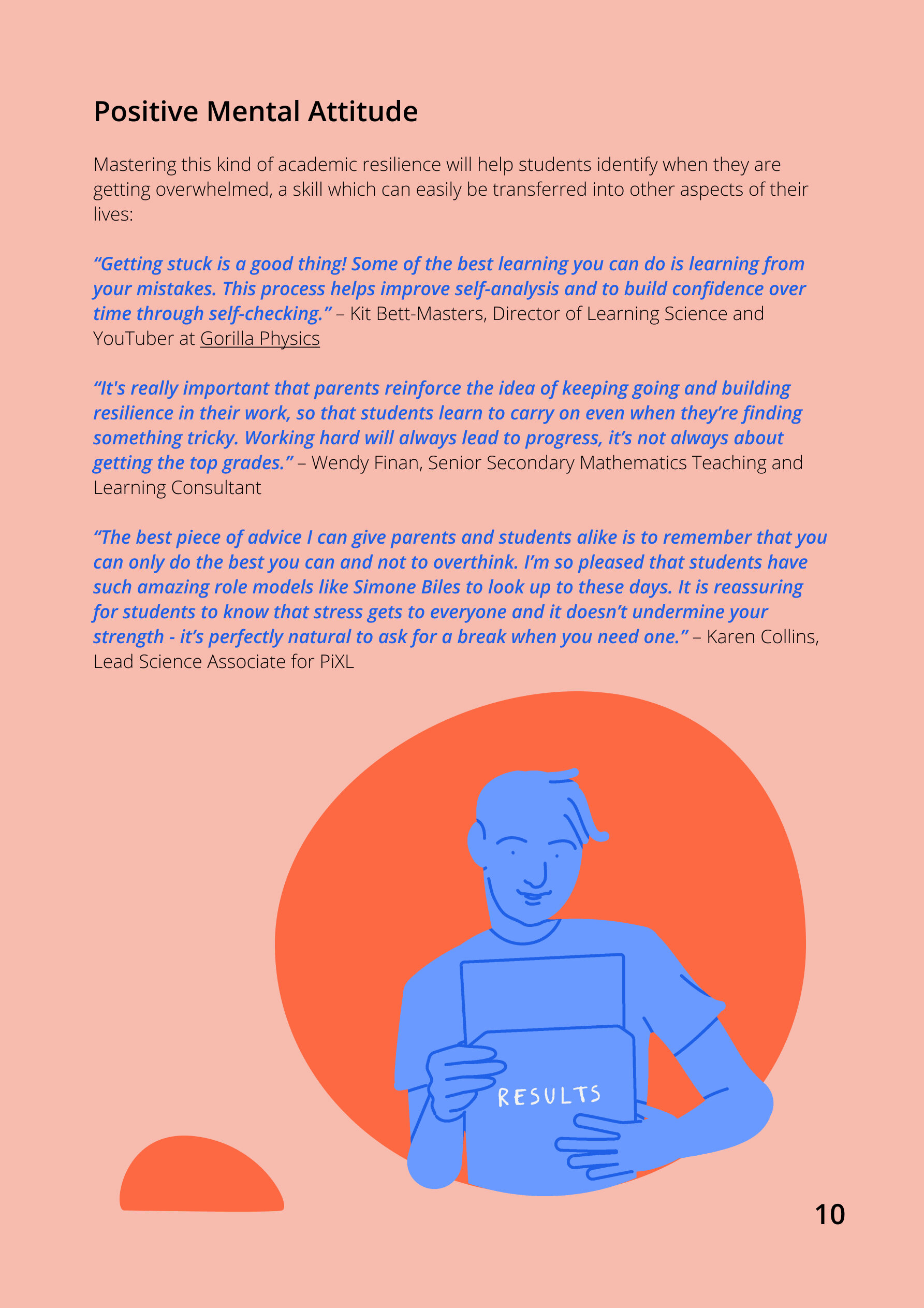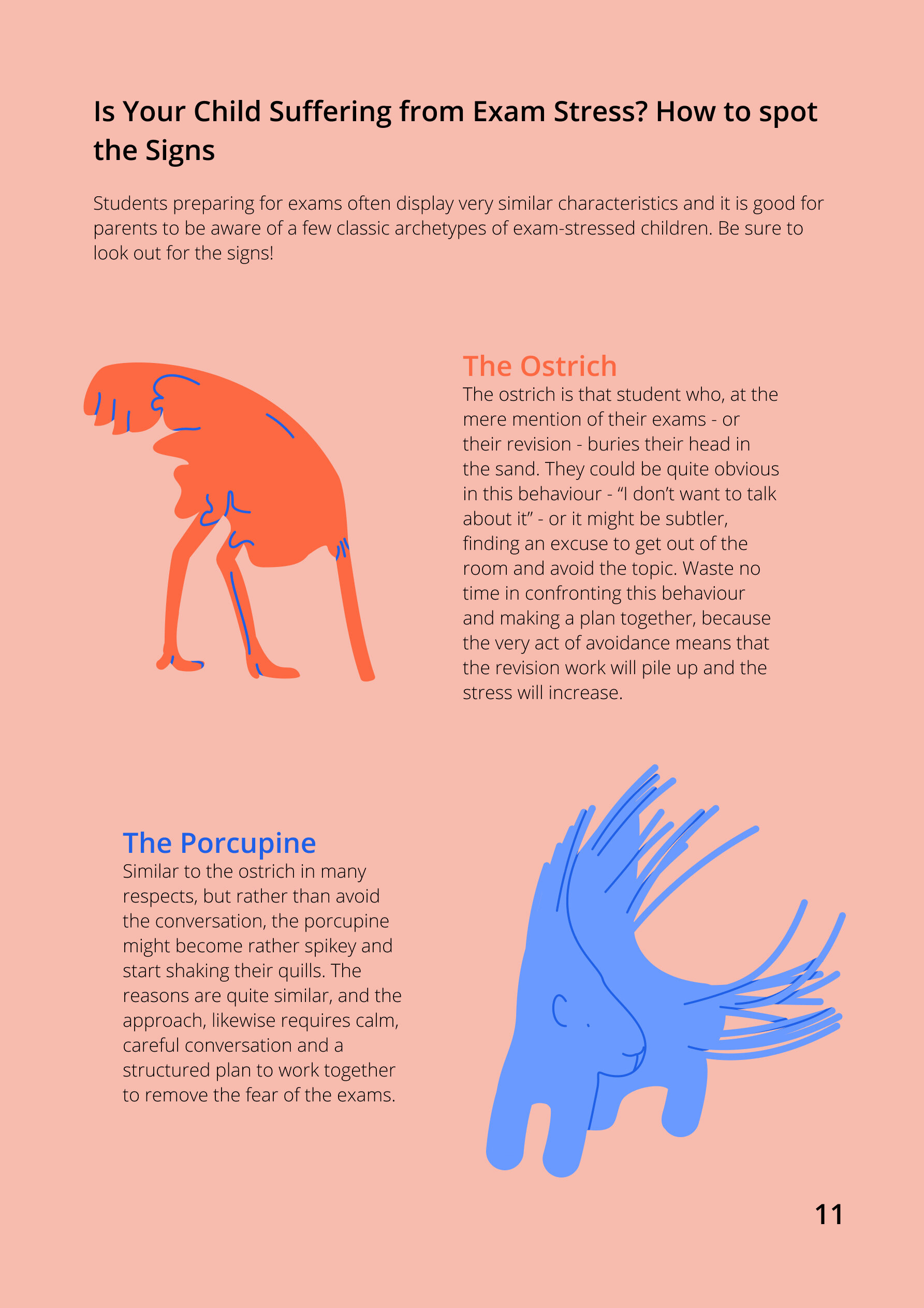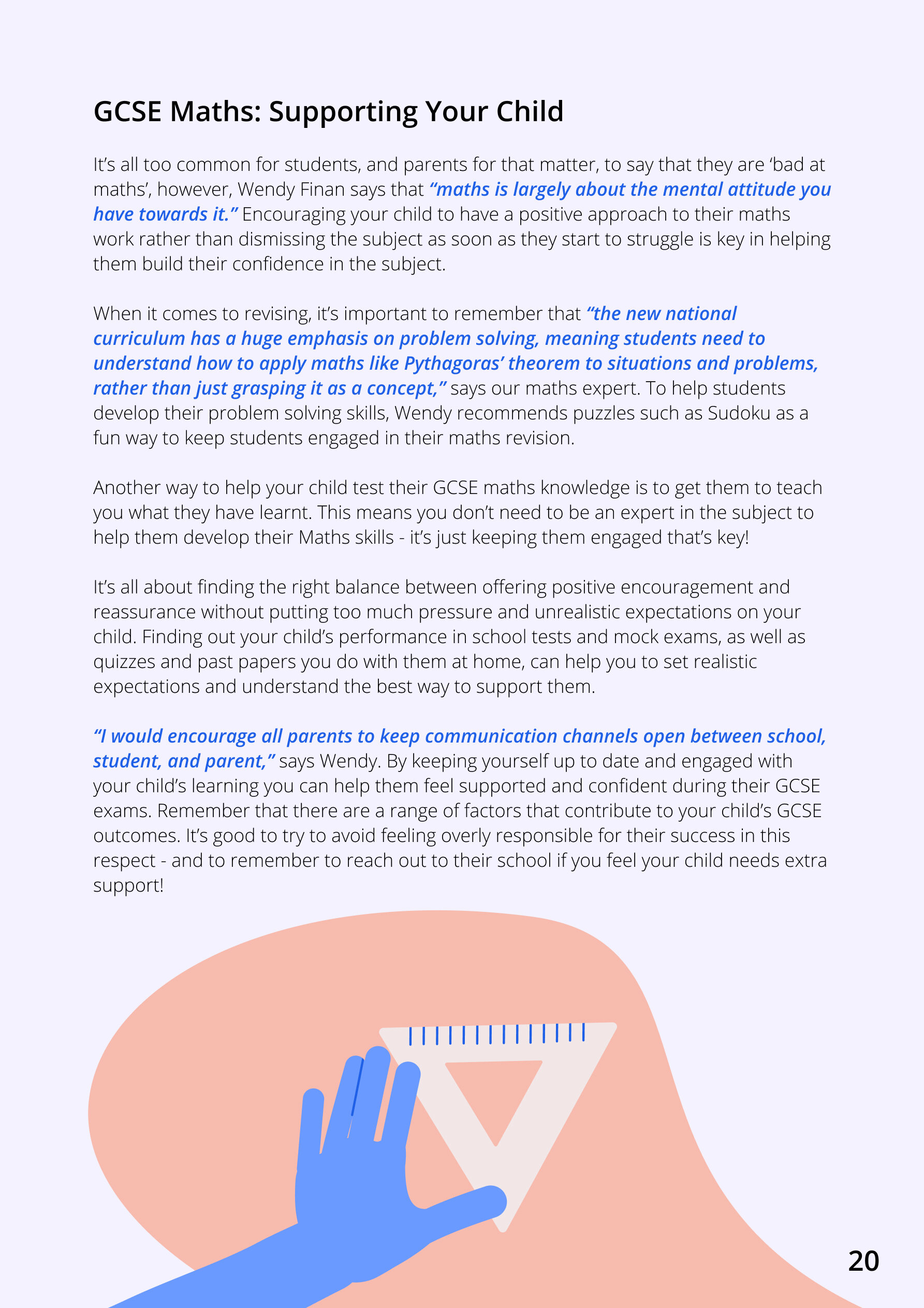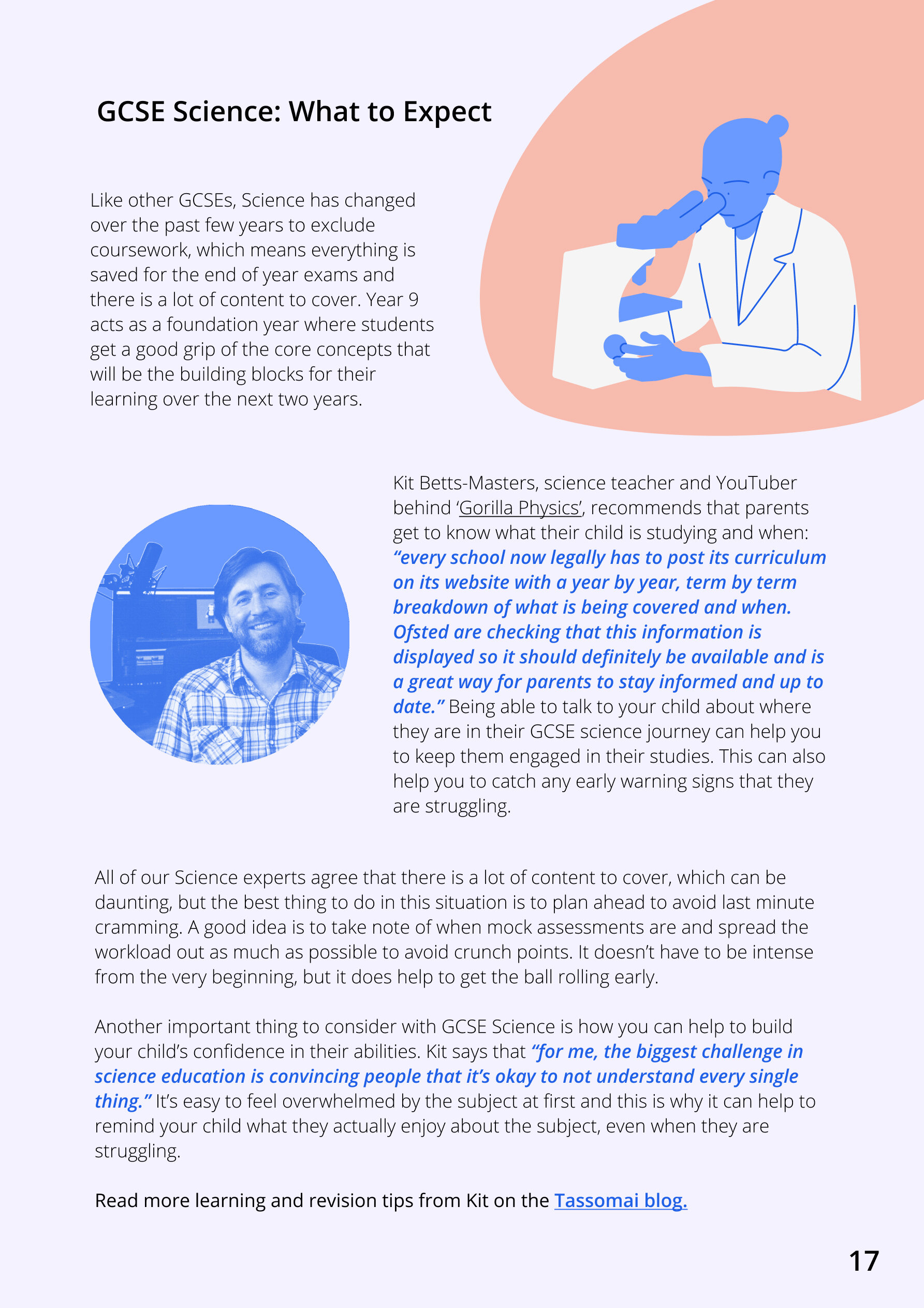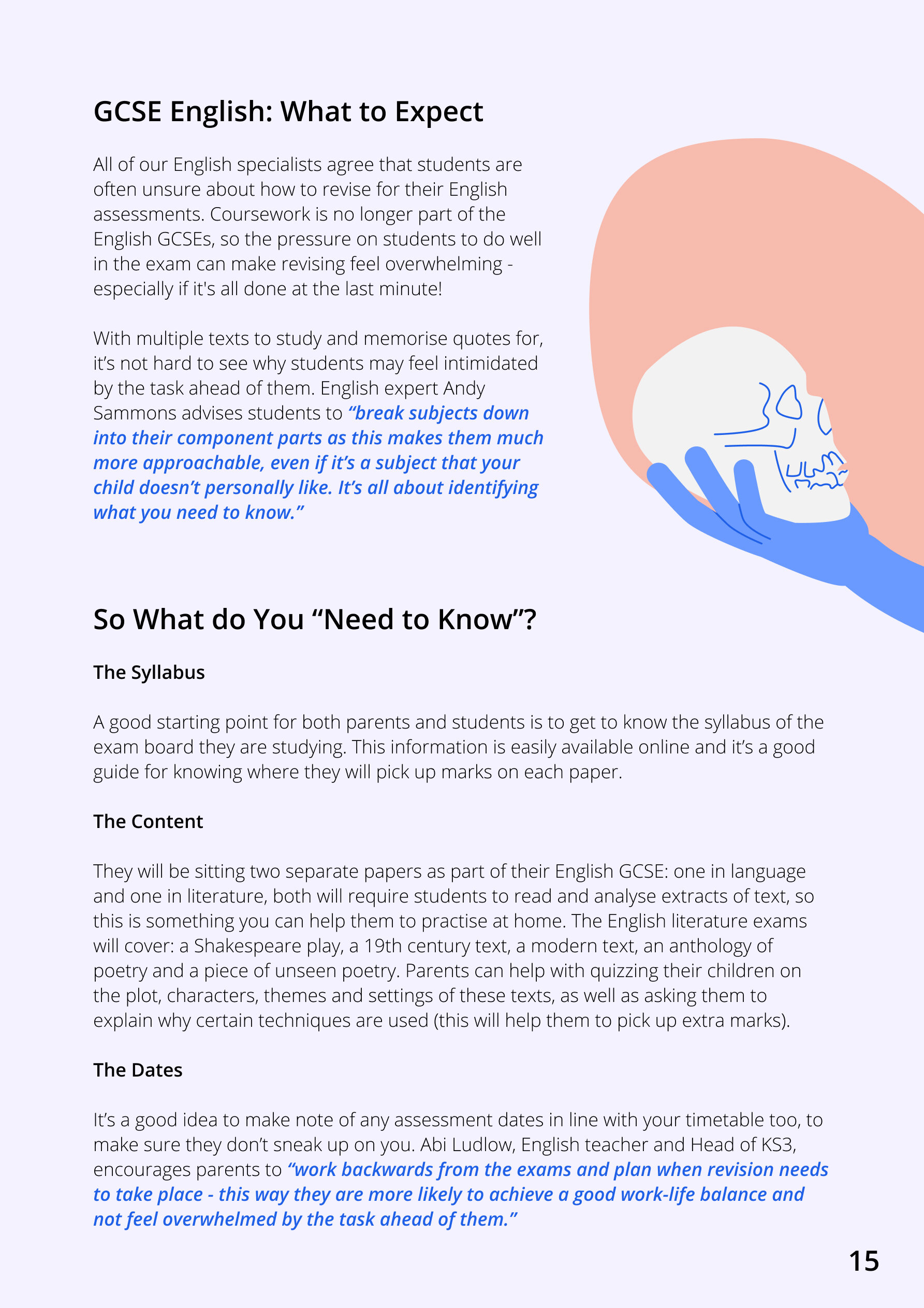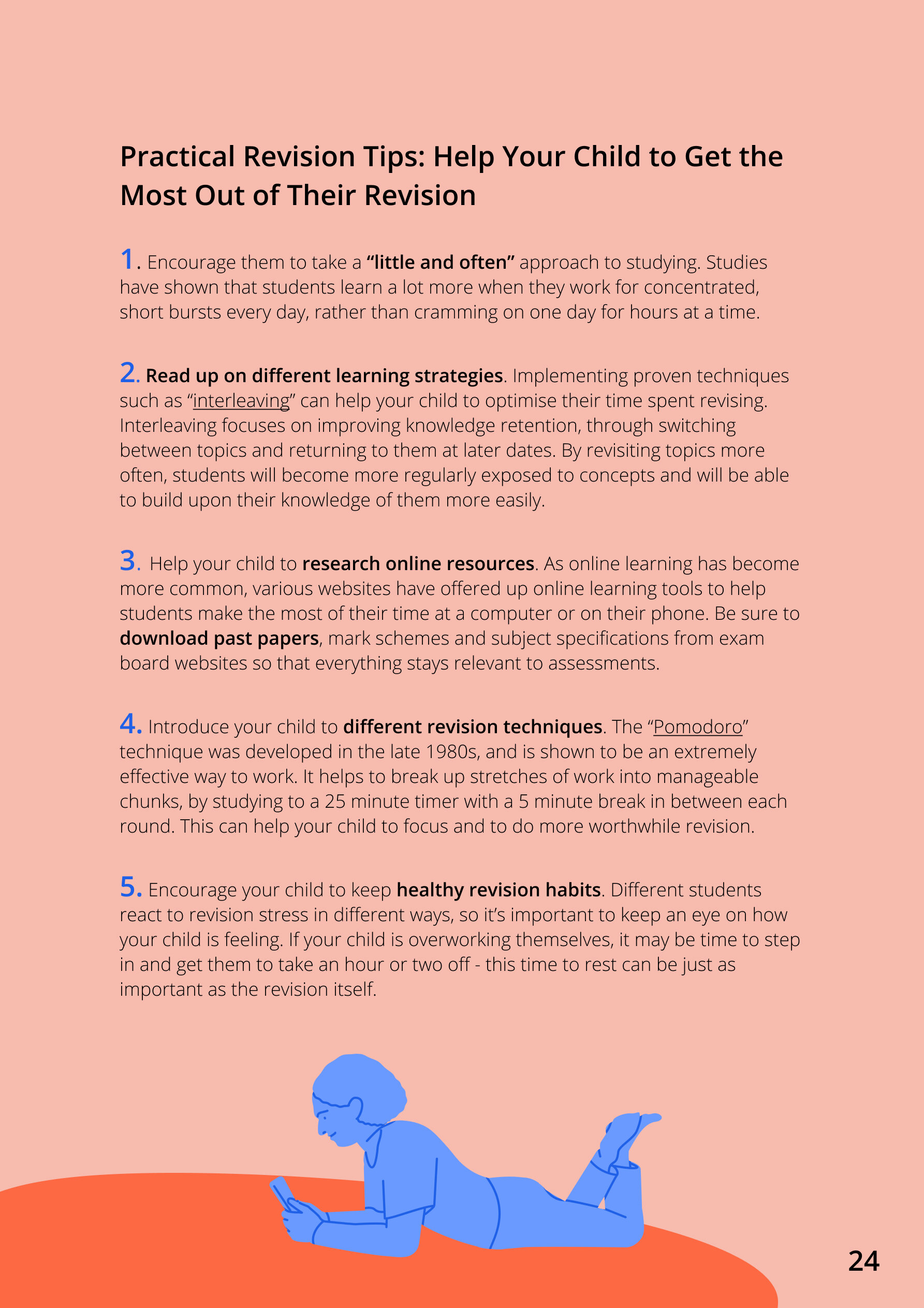Introducing the GCSE Survival Guide - practical advice for parents of Y9-11s
As a new cohort of students embark upon their GCSE journey and others begin to think about their mocks, Tassomai has published a series of expert blogs and a detailed (free) guide for parents to help them navigate what can be a challenging time for families.
Tassomai’s 28-page ‘GCSE Survival Guide’ has been compiled with the help of subject specialists, education experts and mental health campaigners to try to break down what parents need to know about this milestone in their child’s education and what to expect.
Our contributors share advice on everything from revision techniques to supporting teenagers’ mental wellbeing.
The guide is free to download from our website at:
www.tassomai.com/gcse-survival-guide
If you’re a teacher and you think this guide might be helpful for parents at your school please share the download link with them and likewise if you’re a parent, please pass the URL onto any friends and family who might be interested.
If you are happy to share our guide on social media here are links to our Twitter, Facebook, LinkedIn & Instagram posts.
We would like to thank all of our incredible contributors for helping us put this guide together:
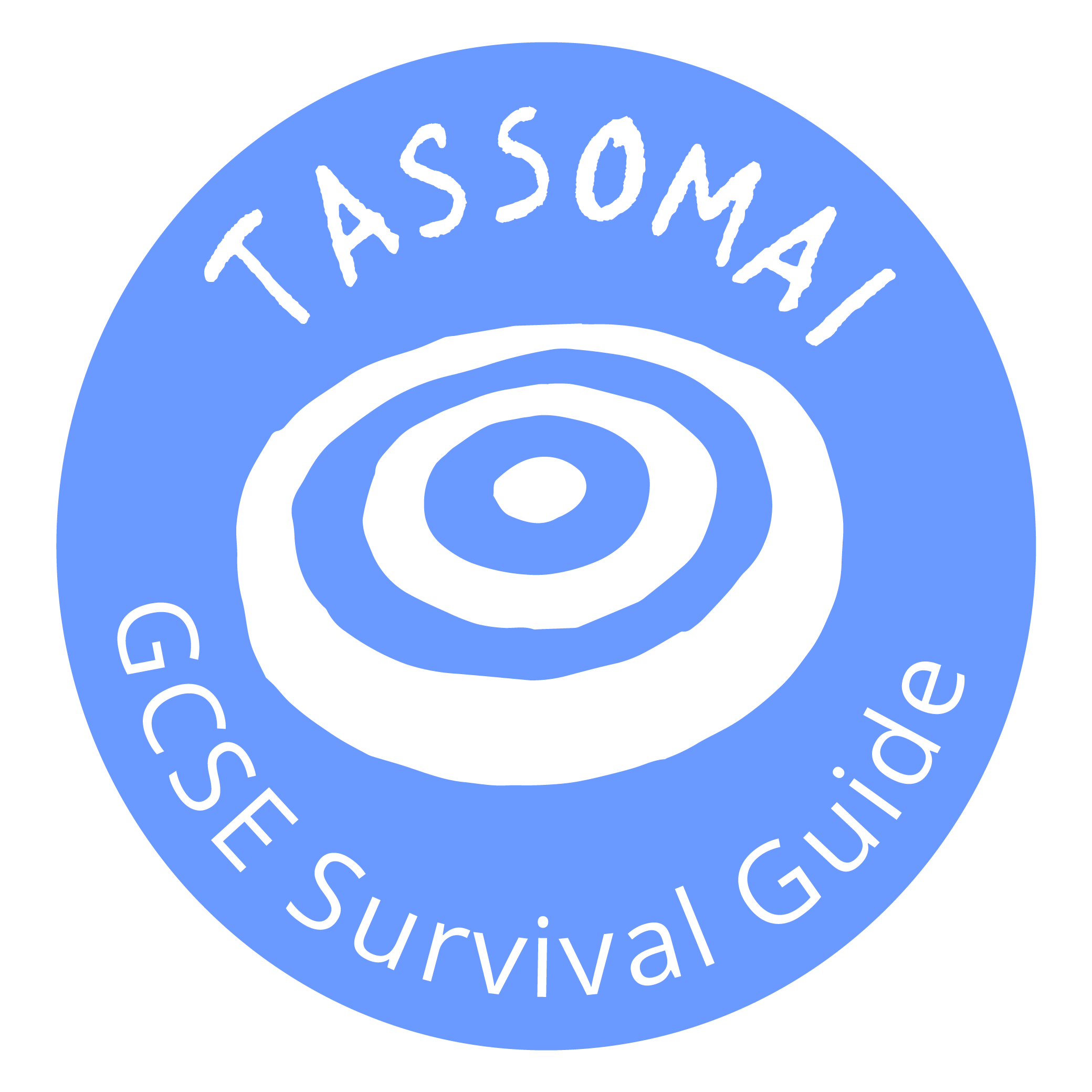
Ben West, mental health campaigner
Madeleine Inkin, Psychotherapist and Tassomai co-founder
Sam Clark, teacher and author of ‘What They Don’t Teach You in School’
Wendy Finan, Senior Secondary Mathematics Teaching and Learning Consultant
Andy Sammons, Director of English and author of ‘The Compassionate Teacher’
Abi Ludlow, English teacher and Head of KS3
Karen Collins, Lead Science Associate for PiXL
Matt Green, ‘The Rapping Science Teacher’ on TikTok and owner of JGM Tutors
Kitt Bett-Masters, science teacher and YouTuber behind ‘Gorilla Physics’
Kathrine Mortimore, Lead Practitioner for English at Torquay Academy and author of Disciplinary Literacy and Explicit Vocabulary Teaching
Dive deeper into the subjects covered in our guide on the Tassomai blog
We are publishing full length blog posts from each of our contributors over the coming weeks and months, starting with our mental health and wellbeing blogs.
These will be followed by a series of articles from subject specialists unpacking key tips and tricks for science, maths and English. In the run up to mock exams in November we will also be releasing blog posts specifically about revision and exam technique, so keep an eye on the Tassomai blog and on Twitter for updates and alerts!
2025 is just beginning but exam season will come around quickly! Here’s what parents can expect over the next 6 months, and how they can help students prepare for exams.
As students look towards the new year, with the return of strict grade boundaries and exams looming on the horizon, Tassomai has published a free guide for students to help them navigate the challenging GCSE years.
As a new cohort of students embark upon their GCSE journey and others begin to think about their mocks, Tassomai has published an updated (free) guide for parents to help them navigate what can be a challenging time for families.
As we look towards end of year assessments, Tassomai asks mental health and education experts what their top pieces of advice are for parents supporting their children’s wellbeing.
Matt Green, The Rapping Science Teacher on tiktok and the owner of JGM Science Tutors, speaks to Tassomai about his foolproof method for getting revision started (unfortunately, it’s not rapping).
Karen Collins, Lead Science Associate for PiXL, speaks to Tassomai about the structure of the science GCSEs and how parents can best prepare themselves and their children for science assessments.
Are they burying their head in the sand like the ostrich or are they more like the laid-back lion? Tassomai founder Murray Morrison presents a few classic archetypes of exam-stressed children!
Abi Ludlow, English teacher and KS3 Lead at Richard Lander School tells parents exactly what they need to know about their child’s revision schedule, and where they fit in!
Andy Sammons is author of The Compassionate Teacher and Director of English and Strategic Lead at Kettlethorpe High School. Andy speaks to Tassomai about how the English GCSE subjects are structured and what parents need to know.
English literature and language are notoriously hard to revise for - or are they? Abi Ludlow, English teacher and KS3 Lead at Richard Lander School, gives her top tips on how to revise for the English GCSEs.
Kathrine Mortimore shares her advice for GCSE English students, using Tassomai for English and her experience of her time as part of the ongoing Torquay-Tassomai collaboration.
Our GCSE Survival Guide science expert, Kit Betts-Masters, explains exactly what parents need to know about the science GCSEs and how to get prepared for revision early.
Karen Collins, Lead Science Associate for PiXL, speaks to Tassomai about the structure of the science GCSEs and how parents can best prepare themselves and their children for science assessments.
Matt Green, AKA The Rapping Science Teacher on TikTok, writes for the Tassomai blog about the trickiest topics in GCSE science and how students can get ahead by tackling them early.
Our GCSE Survival Guide maths expert says that for GCSE maths, it’s essential that students get to grips with the basic core topics first and then build up from there.
Clinical child psychotherapist, Madeleine Inkin, writes about the developing adolescent brain and the impact that neurological changes have on decision making and behaviour.
Ben West unpacks the great myth surrounding GCSEs and how parents can maintain a healthy perspective in our GCSE Survival Guide blog post on student mental health.
Clinical child psychotherapist, Madeleine Inkin, writes about the neurological changes that young people are going through during the GCSE years, and how parents can manage their own expectations.
Sam Clark, teacher, writer and founder of Resilience for Kids gives us his best advice for parents on building resilience and supporting their children’s wellbeing. (Part of our GCSE Survival Guide series.)
Teenagers’ brains are on a developmental rollercoaster during the GCSE years, but what really makes teenagers act like… teenagers? Our GCSE Survival Guide contributor Madeleine Inkin has the answers!

